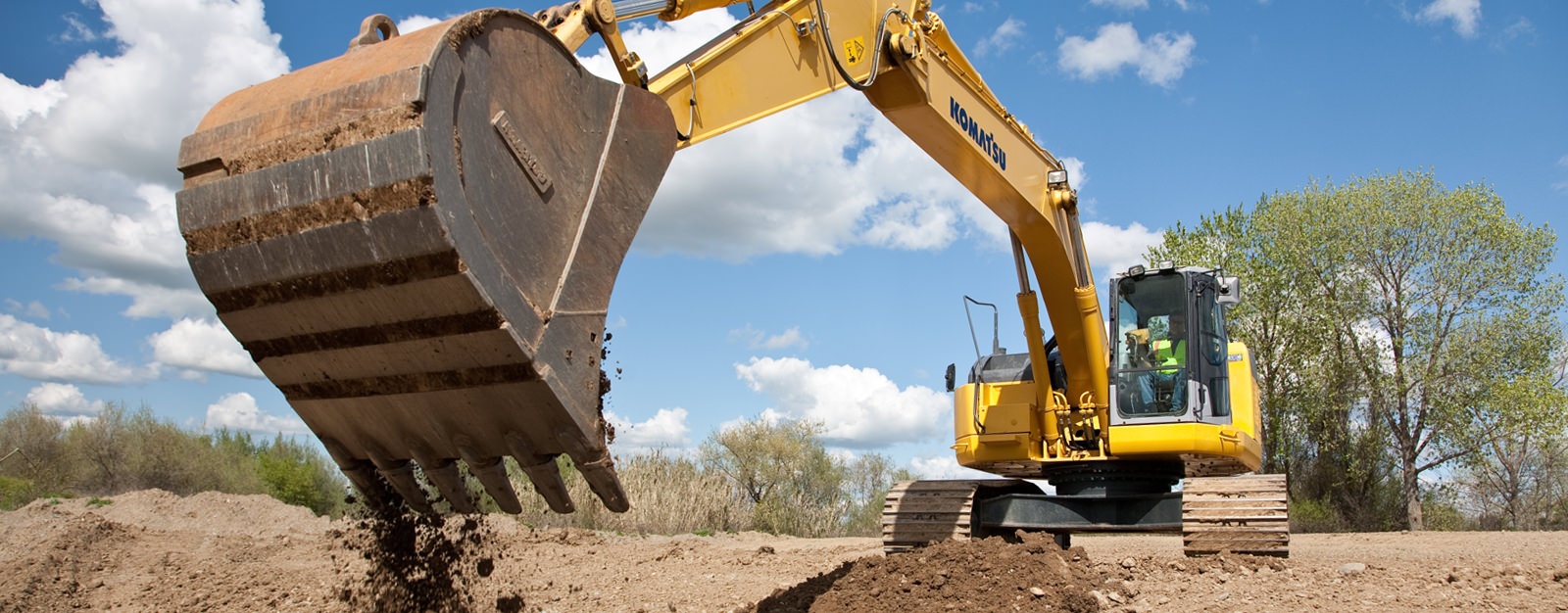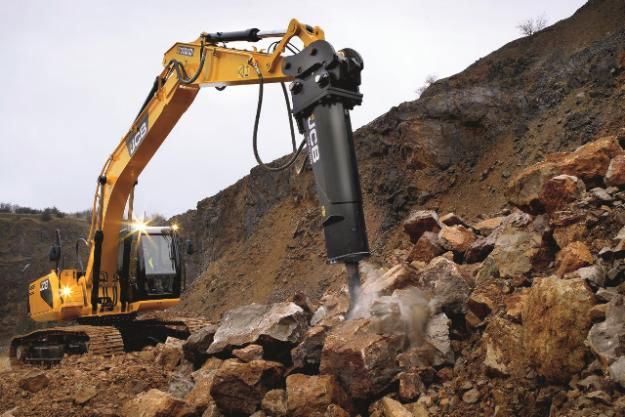Budget Friendly Lancaster Excavation - Top Quality Excavation at Competitive Rates
Budget Friendly Lancaster Excavation - Top Quality Excavation at Competitive Rates
Blog Article
Comprehensive Excavation Strategies: Grasping the Fundamentals for Success
In the world of building and civil design, the significance of efficient excavation approaches can not be overstated. The cautious preparation, precise implementation, and meticulous interest to information called for in excavation projects demand a detailed strategy that encompasses different essential elements. From first soil evaluation to the execution of safety and security procedures and normal progression tracking, mastering these core elements is important for accomplishing success in any excavation venture. Nevertheless, truth mastery lies not simply in recognizing these principles yet in seamlessly integrating them to navigate the complexities of excavation projects with finesse.
Understanding Excavation Project Preparation

Effective excavation projects are improved the foundation of careful and comprehensive preparation. The preliminary stage of any type of excavation task is the drawing board, where vital choices are made that can considerably affect the end result of the task. Throughout this stage, it is essential to collect all appropriate info regarding the website, including topographical studies, soil structure, and any kind of potential threats that may exist. Recognizing the project range, spending plan, and timeline constraints is critical for creating a detailed excavation strategy that ensures the job's success.
One key aspect of excavation project planning is the development of an in-depth timeline that details the series of activities, due dates, and milestones. This timeline acts as a roadmap for the project group, permitting them to track progression and make essential modifications to make sure the job stays on schedule. In addition, a distinct budget plan that accounts for all expenditures, consisting of devices rental, labor prices, and products, is necessary for preventing cost overruns and delays. By meticulously taking into consideration all these aspects during the preparation phase, excavation jobs can be executed successfully and successfully, resulting in successful end results.
Dirt Evaluation and Website Examination
Carrying out detailed soil evaluation and website examination is an important action in the preparation phase of any kind of excavation task. Soil analysis includes establishing the composition, structure, and buildings of the soil at the excavation site. This info is vital for recognizing the soil's bearing capacity, moisture material, and capacity for disintegration, which are vital factors in identifying the excavation techniques and devices needed for the job.
Website evaluation goes beyond soil analysis and includes a wider evaluation of the total website problems. This evaluation includes determining any kind of possible hazards, such as underground energies, ecological concerns, or unstable terrain, that might influence the excavation process. By thoroughly assessing the website, task supervisors can establish efficient excavation methods that prioritize security, efficiency, and environmental defense.
Making use of innovative modern technologies like ground-penetrating radar, dirt sampling, and drone studies can boost the precision and effectiveness of soil evaluation and site assessment. Spending time and resources in these preliminary actions can inevitably save time and avoid pricey hold-ups or problems during the excavation procedure.
Devices Selection and Application
Effective excavation projects count greatly on tactical tools option and usage to ensure optimum performance and productivity. Picking the ideal devices for the job is important in making the most of effectiveness and minimizing downtime. Variables such as the kind of soil, deepness of excavation, and task range play a significant duty in establishing one of the most suitable tools for the task handy.

Along with picking the ideal tools, correct utilization is key to project success. Operators has to be educated to handle the equipment securely and effectively - dump truck you could try here companies in ohio. Normal upkeep site link checks and prompt repair work aid stop malfunctions and guarantee constant efficiency throughout the job
Safety And Security Actions and Laws Compliance
In the realm of excavation tasks, focusing on precaution and conformity with guidelines is vital to making sure a legitimately audio and protected operational setting. Precaution include a series of techniques, consisting of performing comprehensive website evaluations, carrying out proper signs and obstacles, and giving ample security training for all workers associated with the excavation process. Adherence to guidelines, such as OSHA demands in the United States, makes certain that the excavation job meets the needed requirements to protect employees, bystanders, and the surrounding setting.

Monitoring Progress and Adjusting Approaches
Just how can project supervisors effectively track the improvement of excavation projects and adapt their approaches appropriately to maximize outcomes? Tracking progression is vital for making certain that excavation jobs remain on track and meet due dates.

Final Thought
To conclude, grasping the fundamentals of thorough excavation methods is necessary for the success of any project. By recognizing project preparation, evaluating soil and website conditions, picking proper devices, abiding by safety laws, and monitoring progression, job supervisors can make sure a efficient and smooth excavation procedure. Carrying out these methods will cause successful end results and lessen potential risks or setbacks throughout the excavation job.
The initial stage of any excavation task is the planning phase, where important choices are made that can dramatically influence the outcome of the project. Recognizing the project timeline, extent, and budget restrictions is critical for creating a detailed excavation strategy that ensures the job's success.
How can project supervisors successfully track the development of excavation jobs and adapt their strategies accordingly to optimize results? By very closely keeping track of development and being ready to adjust approaches, task supervisors can enhance the overall success of excavation projects.
By understanding project planning, evaluating soil and site conditions, choosing proper tools, abiding with safety policies, and keeping an eye on development, task supervisors can make certain a smooth and reliable excavation process.
Report this page